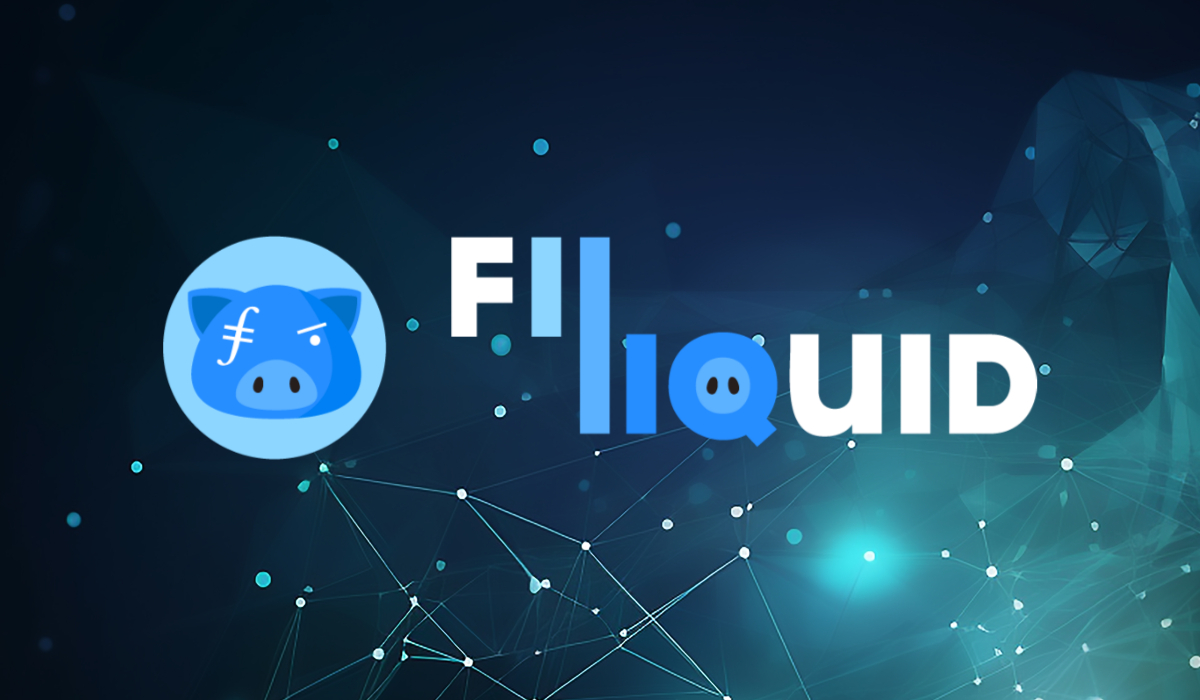
FILLiquid Launches FIG Staking to Introduce Revenue Sharing for Its FIL Borrowing Platform
Berlin, Germany, October 14th, 2024, Chainwire
FILLiquid, an emerging Filecoin-based platform for leasing and borrowing, has launched FIG Staking, a new product that allows users the chance to earn yield by staking the platform’s governance token, FIG. This initiative leverages a revenue-sharing model, enhancing the utility of FIG and enabling token holders to claim a share of the platform’s transaction fees.
Since FILLiquid’s FIL liquidity protocol debuted in late August 2024, it has swiftly attracted over $2.5 million in Total Value Locked (TVL), underscoring its growing influence in Filecoin-based borrowing. The recent launch of FIG Staking saw nearly 1 million $FIG staked within just two hours, which the team sees as a reflection of token holders’ interest in deeper protocol participation.
FIG Staking extends the utility of the FIG token beyond governance by offering stakers access to a share of transaction-based revenue. With this product, FILLiquid aims to provide token holders the option to participate more actively in the protocol’s growth, aligning rewards with platform usage.
“The FILLiquid community has eagerly awaited the FIG Staking launch, which opens up additional yield-generating opportunities,” said Arthur Tan, CEO of FILLiquid. “This innovation allows our community to become more integrated with the protocol, providing them with a unique ownership opportunity for the platform.”
To participate in FIG Staking, users need to deposit FIG into the staking product and allow rewards to accumulate as more transactions and loans are processed on the platform. Users are required to select a deposit period when staking, with longer periods providing higher rewards.
Dividends are allocated based on the user’s staking period and the amount staked based on a weighted formula. Rewards are triggered when the number of FIL in the reward pool reaches the threshold. However, the first three dividends will be triggered manually over the following three dates: October 17th, October 24th, and October 31st, providing ample opportunity for FIG holders to start staking.
After attracting over $2.5 million TVL, FILLiquid has quickly become a key player within the Filecoin ecosystem. The liquidity pool is designed to deepen FIL liquidity for storage providers, helping them achieve sustainable storage power growth and capital efficiency by utilizing locked liquidity to secure loans.
FIG Staking extends the utility of the FIG token beyond governance by offering stakers access to a share of transaction-based revenue. With this product, FILLiquid aims to provide token holders the option to participate more actively in the protocol’s growth, aligning rewards with platform usage.
About FILLiquid
FILLiquid is a $FIL lending protocol that aims to deepen liquidity to Storage Providers (SPS), helping them achieve consistent storage power growth while allowing token holders to lease their assets. The protocol intends to solve the SP dilemma, which requires SPs to make consistent $FIL pledges to add more storage capacity to the Filecoin network by unlocking liquidity in the SPs node. FILLiquid employs an algorithmic interest rate model dictated by the utilization rate in the liquidity pool.
$FIG, FILLiquid’s native token, provides governance voting rights and allows holders to participate in revenue-sharing when staked. It also features deflationary properties through burning.
The team members behind FILLiquid are very well-versed in the crypto field, with more than seven years of experience. The product designer is a CFA-certified economist who previously worked as a researcher at the IMF and World Bank Group, providing credibility for the project. In terms of achievements, FILLiquid has already won the Ethereum and Filecoin DeFi Hackathon in 2023, an event showcasing their innovation in DeFi solutions.
For more information and regular updates, users can visit FILLiquid’s official website and whitepaper, as well as the Telegram, X, Medium, and Discord channels.
